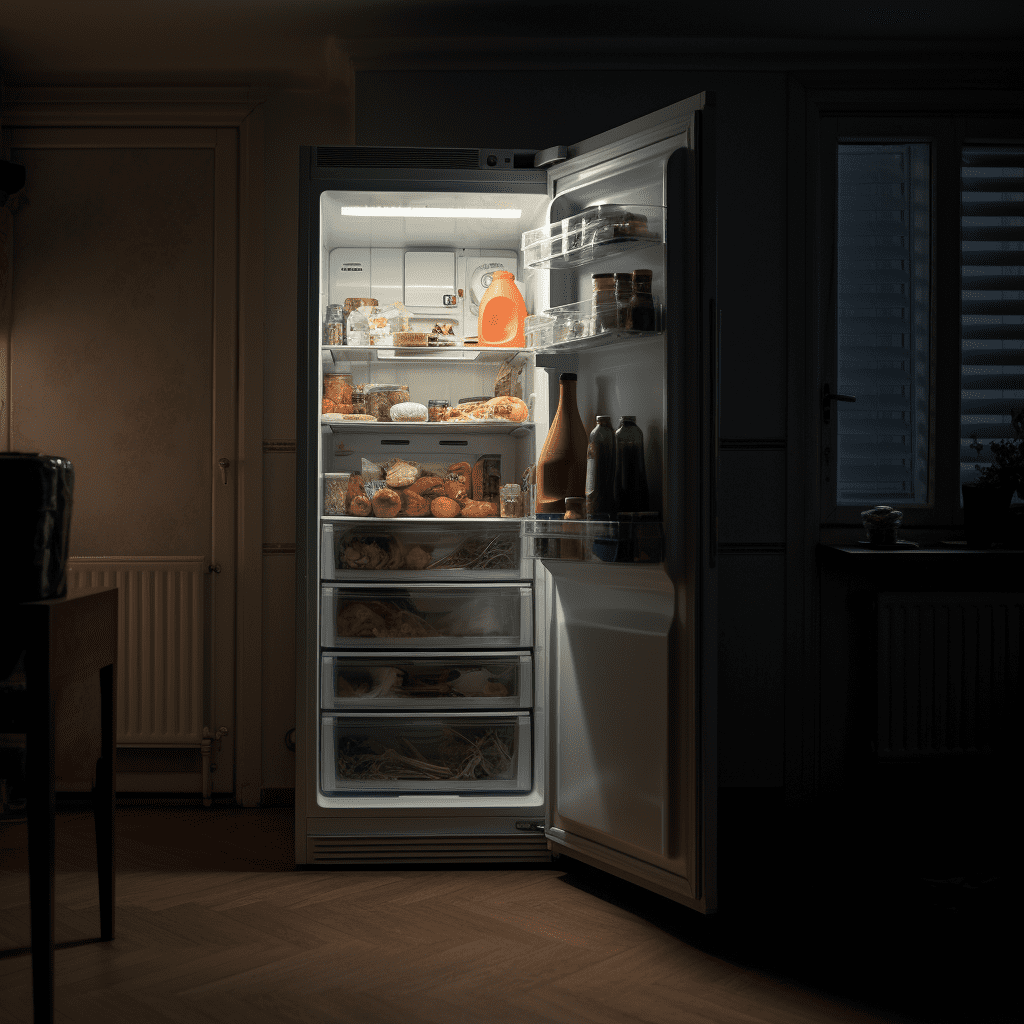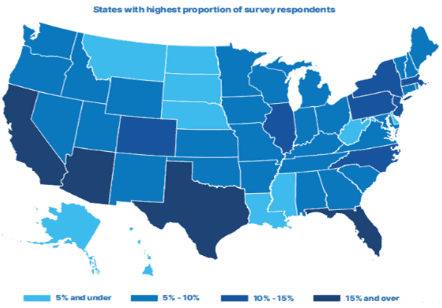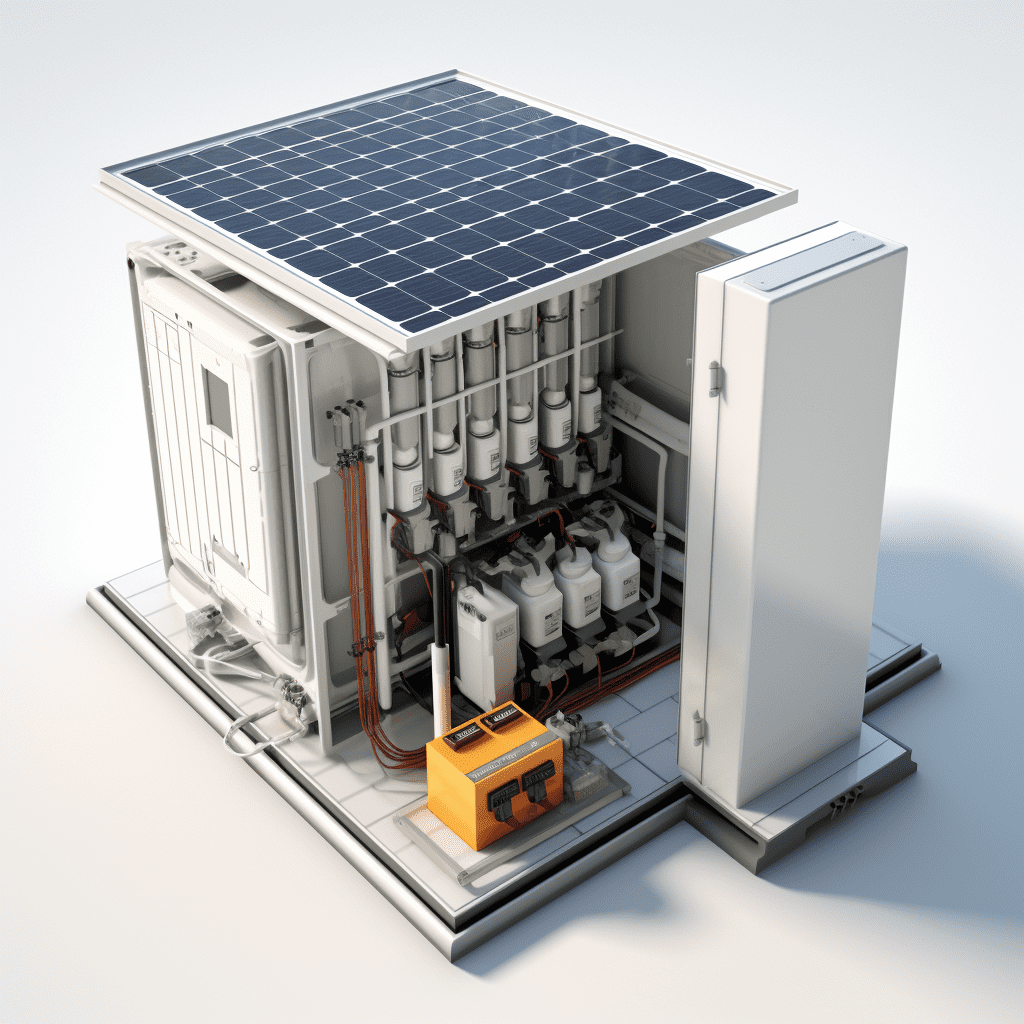Choosing the right size inverter for your refrigerator is essential to ensure efficient operation and avoid potential damage. The correct inverter will provide sufficient power to start and run your fridge without interruptions, making it crucial for both off-grid and backup power systems.
What size inverter do I need to run a refrigerator?
To run a refrigerator, you typically need an inverter rated between 1000 watts and 2000 watts, depending on the fridge’s power consumption and starting requirements. Most standard refrigerators require around 300 to 800 watts of continuous power but may need significantly more during startup due to surge demands.
| Inverter Size Recommendation | Description |
|---|---|
| 1000 Watts | Suitable for smaller or energy-efficient models. |
| 1500 Watts | Ideal for mid-sized refrigerators. |
| 2000 Watts | Recommended for larger or older models with higher startup demands. |
How do I calculate the wattage requirements for my fridge?
To calculate your refrigerator’s wattage requirements, check its energy label or manual for its rated power consumption in watts. If not available, you can estimate by multiplying the running watts by a factor of three to account for starting surge power. This will give you a good approximation of the necessary inverter capacity.
Calculation Example
If your fridge uses 400 watts continuously:
- Startup Surge: 400 watts×3=1200 watts
- Recommended Inverter Size: At least 1200 watts.
| Calculation Steps | Description |
|---|---|
| Find Rated Power Consumption | Check label/manual for running watts. |
| Estimate Surge Power | Multiply running watts by three. |
| Determine Inverter Size | Choose an inverter that meets or exceeds surge power needs. |
What is the difference between continuous and surge wattage?
Continuous wattage refers to the amount of power an appliance requires to operate normally, while surge wattage (or peak wattage) is the extra power needed during startup. Refrigerators often draw significantly more power when their compressor kicks in, making it essential to consider both ratings when selecting an inverter.
| Wattage Types | Description |
|---|---|
| Continuous Wattage | Power needed for normal operation (e.g., running). |
| Surge Wattage | Extra power required at startup (e.g., compressor activation). |
How does inverter efficiency affect performance?
Inverter efficiency affects how much of the input DC power is converted into usable AC power. A higher efficiency rating means less energy loss during conversion, which can lead to better performance and longer battery life in solar applications. Look for inverters with efficiency ratings above 90% for optimal performance.
| Efficiency Impact | Description |
|---|---|
| Higher Efficiency | More usable AC output from DC input; less energy wasted. |
| Lower Efficiency | Increased energy loss; may require larger battery capacity. |
What are the best inverter options for refrigerators?
When choosing an inverter for your refrigerator, consider these popular models known for reliability and efficiency:
- Renogy 1000W Pure Sine Wave Inverter: Ideal for small refrigerators with high efficiency.
- AIMS Power 1500W Pure Sine Wave Inverter: Great balance of price and performance.
- Xantrex PROwatt SW2000: Suitable for larger fridges with high starting wattage requirements.
- Go Power! GP-SW1500: Offers excellent features and reliability.
| Recommended Inverters | Key Features |
|---|---|
| Renogy 1000W | High efficiency, compact design |
| AIMS Power 1500W | Good balance of cost and performance |
| Xantrex PROwatt SW2000 | Handles high startup loads well |
| Go Power! GP-SW1500 | Reliable with advanced features |
Buy Wholesale Battery Tips
For businesses looking to purchase wholesale lithium or lead-acid batteries, Redway Battery is an excellent choice due to its extensive experience in OEM orders and custom solutions. To make OEM orders from a reliable manufacturer like Redway Battery:
- Identify your specific requirements (capacity, voltage).
- Contact Redway’s sales team with your specifications.
- Review their proposed solutions and pricing.
- Approve samples before mass production begins.
Industrial News
The market for inverters continues to evolve as technology advances, leading to more efficient models that cater specifically to residential needs like powering refrigerators during outages or off-grid living situations. Innovations focus on improving energy conversion rates and enhancing user interfaces.
Redway Expert Views
“Selecting the right inverter size is critical not just for operational efficiency but also for protecting your appliances,” states an expert at Redway Battery. “Understanding both continuous and surge wattages will help ensure that your refrigerator runs smoothly without interruptions.”
FAQ Section
- What size inverter do I need for my refrigerator?
Typically, you need an inverter rated between 1000 watts and 2000 watts depending on your fridge’s specifications. - How can I find out my refrigerator’s power consumption?
Check the energy label on your fridge or refer to its manual; if unavailable, use estimated calculations based on similar models. - What happens if my inverter is too small?
An undersized inverter may not start your refrigerator or could overheat, leading to potential damage. - Can I use a modified sine wave inverter?
While it may work with some fridges, pure sine wave inverters are recommended as they provide cleaner energy suitable for sensitive electronics.






